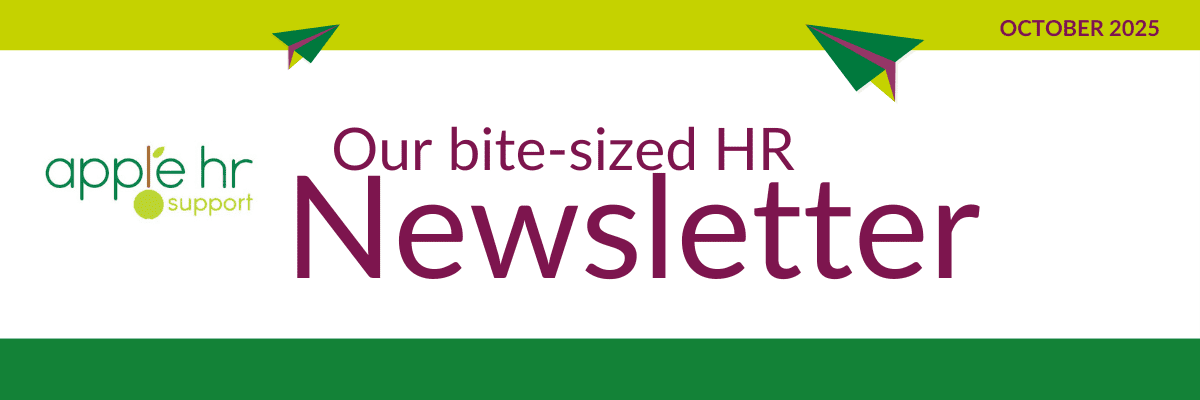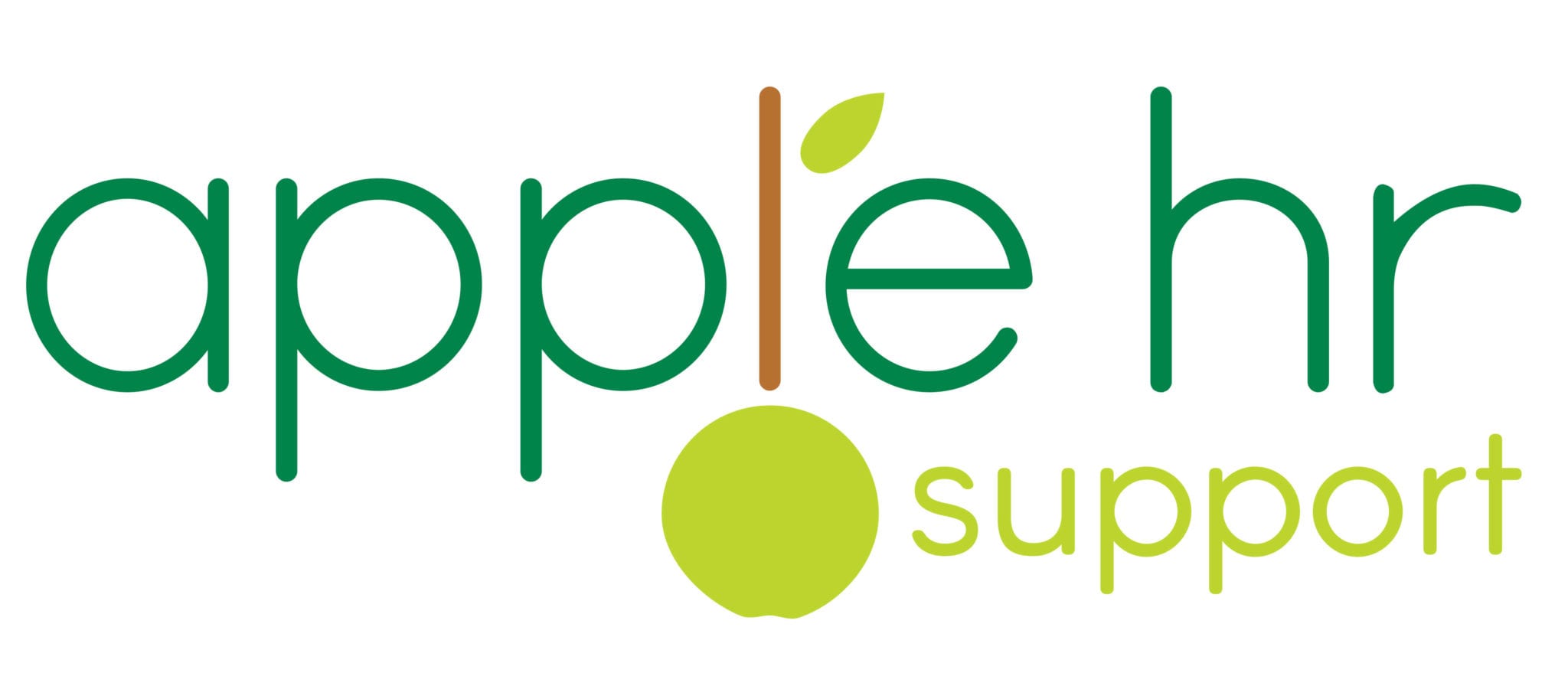
7 employment law mistakes that could cost you thousands
Most business owners we speak to don’t know they’re breaking the law.
They think that everything’s covered, until a complaint, inspection or tribunal makes it clear it’s not.
The truth is, staying legally compliant is often about managing the small details…
Outdated contracts, missing paperwork, unpaid training hours.
Easy to overlook, but costly if you get them wrong.
Here are the 7 most common employment law mistakes we see:
Right to work checks
Everyone needs checking before they start. Yes, even UK-born staff. Up to £60,000 penalty per person if you can’t prove you did it properly.
Employment contracts
Handshake deals will cost you when things go wrong. Get legally compliant contracts that fit your business signed before anyone starts.
Minimum wage compliance
It’s not just the hourly rate. Training time, uniform costs and salaried staff working long hours can all trip you up.
Holiday pay calculations
The minimum is 5.6 weeks total, which can include bank holidays. Part-time staff get proportional entitlement and overtime affects holiday pay.
Data protection
Lock up employee files, limit access to sensitive information and have clear procedures for keeping and disposing of records.
Handling people issues
The Worker Protection Act 2024 means that you need to prevent harassment proactively, not just react to complaints.
Recruitment and equality
Focus job adverts and interviews on what’s actually needed for the role. Everything else is potentially discriminatory.
If you’re worried about any of the above, please get in touch for a confidential chat today.
Growth often reveals hidden HR risks
As your business scales, it’s easy to outgrow the systems you set up early on.
That employment contract you downloaded three years ago? It probably doesn’t reflect current law or your evolving business needs.
Your newly promoted team leader? They might not know what they can or can’t ask in a disciplinary meeting.
These gaps don’t always cause problems straight away.
But when something goes wrong, they can lead to legal claims, lost time and expensive distractions.
The most resilient businesses don’t wait for a crisis.
They put solid contracts, clear policies and proper manager training in place before they need it.
When did you last review yours?
Your team might be working more hours than you think
Recent research shows that only 20% of professionals stick to their core office hours. The rest are starting early, finishing late or working weekends just to keep up with demanding workloads.
With hiring freezes and skills shortages, many businesses are redistributing work among existing staff rather than recruiting.
The result is that 66% of workers describe their workload as “demanding” and people are clocking up unpaid overtime to meet deadlines.
This isn’t sustainable. Overworked teams burn out faster, make more mistakes and eventually leave for jobs with better boundaries.
Are your people working extra hours to cope? If so, it might be time to review workloads or rethink those hiring gaps before good people walk away.
Great news for high street businesses in England and Wales!
The government is finally slashing the red tape that’s been holding back cafes, bars and music venues. New ‘hospitality zones’ will fast-track permissions for outdoor dining and extended hours, while existing venues get proper protection from noise complaints.
This means fewer forms, quicker decisions and much lower costs if you’re looking to convert empty shops into buzzing hospitality venues or expand your outdoor space in these areas.
While Scotland and Northern Ireland have their own planning and licensing rules, this could signal the start of a broader trend toward making it easier for small businesses to thrive across the UK.
It’s part of a bigger plan too, brilliant news that’s definitely worth watching wherever you are!
The mental health crisis hitting UK small businesses
UK employees took 5 million extra mental health sick days last year, which is costing businesses £102 billion annually.
You’ve probably noticed it in your own team.
- Key people seem burned out and less engaged than they used to be.
- Sick days are more frequent, and it’s often stress-related.
- The usual energy and productivity just isn’t there anymore.
The numbers back up what you’re seeing.
70% of occupational health referrals are now mental health related.
This isn’t a blip, it’s the new reality.
Most small businesses aren’t equipped for this.
- Your managers are fielding conversations they’ve never been trained for.
- Mental health support probably doesn’t go much beyond a poster on the wall.
- Everyone’s struggling, but nobody knows how to help properly.
But some businesses are getting ahead of this…
- They’re training managers to spot when someone’s struggling and how to talk about it.
- They’re making it OK to discuss stress instead of pretending everything’s fine.
- They’re connecting people with actual help when they need it.
The reality is that mental health support isn’t just about being nice anymore.
It’s about protecting your business from rising absence, falling productivity and losing the people you can’t afford to lose.
Is your business ready for this challenge?
Get in touch to discuss practical steps you can take to support your team before problems get worse.
Q&A
What should I do if an employee shares confidential business information?
Don’t panic but act quickly. Work out what they shared and with whom. Check their contract, most have confidentiality stuff in there. If it’s gone outside of your business, try to limit the damage.
Then follow your disciplinary process properly: investigate, give them a chance to explain, write it all down. Really serious cases might mean dismissal but get advice first.
How do I handle it if an employee says they feel unsafe at work because of another colleague?
Take this seriously straight away. You’ve got to protect people’s wellbeing, it’s the law. Tell them you’ll look into it confidentially, then actually do it. Talk to everyone involved.
If there’s immediate danger, separate them while you figure things out. Then decide what to do: it could be a chat, training or proper disciplinary action. Again, it’s best to seek advice before making a decision.
Do I have to allow pets in the workplace if someone asks for it as a reasonable adjustment?
Generally no, but it depends. If someone’s got a disability and genuinely needs an assistance dog or support animal, you’ve got to think about it seriously.
You can say no if there are proper reasons, like health and safety or allergies. Just regular pets because someone wants them? You don’t have to allow that.

